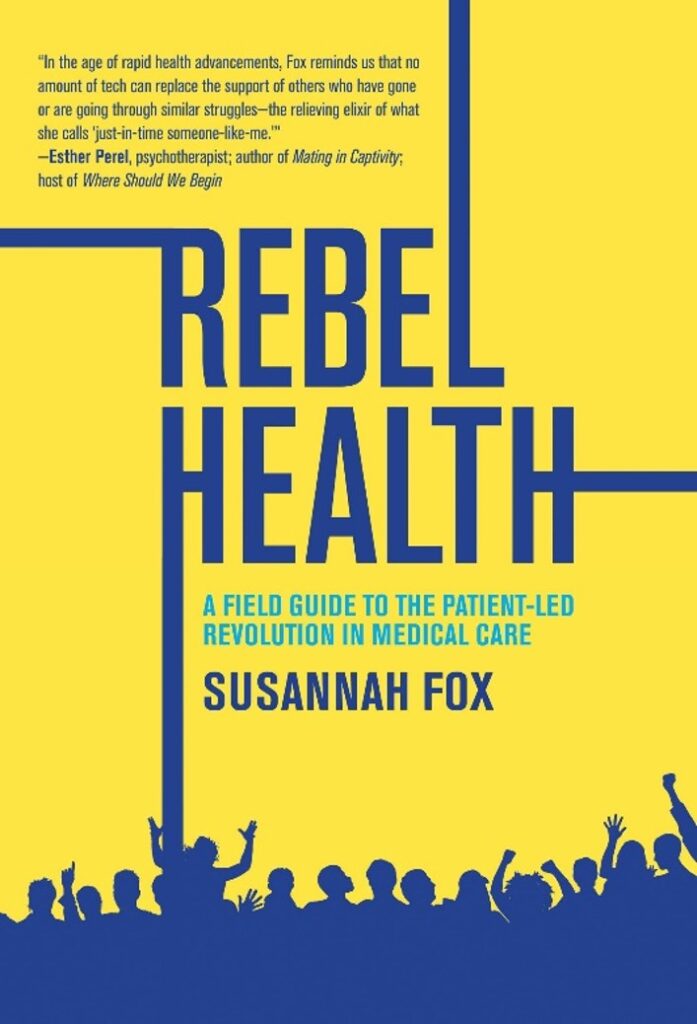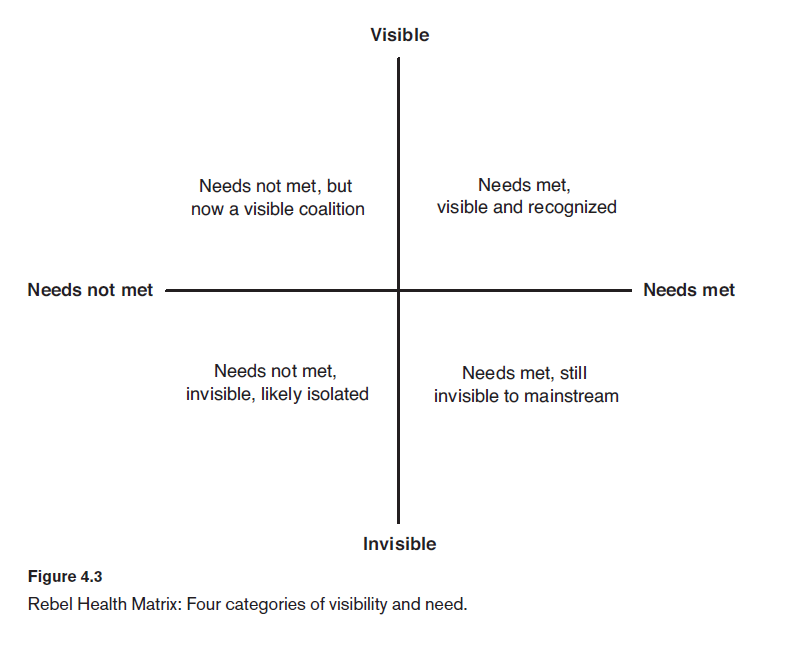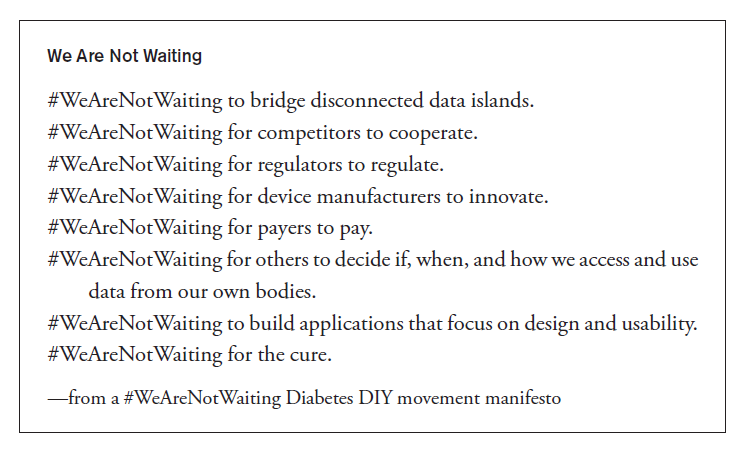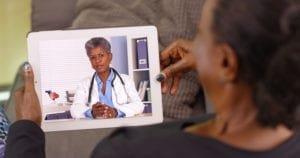A “rebel” is both a noun and a verb. As a noun, Merriam-Webster tells us that a rebel is a person who opposes or takes up arms against a government or a ruler.
As a verb, “to rebel” is to oppose or disobey one in authority or control, or otherwise renounce and resist by force the authority of one’s government.”
An additional definition of the verb is, “to feel or exhibit anger or revulsion.”
If you’ve been a patient facing a diagnosis of an illness, whether rare or common, you may well have felt these various feelings stirring inside your self. In place of “government,” you might use the words “hospital” or “health insurance” or “drug company.” If you’ve been a caregiver to someone you love dealing with an illness or chronic condition, you can feel rebelliousness, as well.
Susannah Fox has collected over twenty years of notes recording patients’ and caregivers’ experiences which, collectively, document the growing phenomenon of peer-to-peer healthcare she observed early in her career working on the Internet and health. Susannah has fashioned this history and these powerful stories into what she terms is a “field guide to the patient-led revolution in medical care:” Rebel Health.

In full disclosure, Susannah Fox is a long-time colleague, collaborator, and indeed friend of mine since meeting her when she was working at the Pew Research Center, helping us define and explain the earliest days of the Internet in health care. If you were involved with writing a business plan from the earliest days of digital health (in the so-called “Health 1.0 or Health 2.0” eras), then you probably accessed some of the data Susannah’s team generated in their industry-defining surveys of Americans’ use of the Internet when folks like Humphrey Taylor from the Harris Poll talked about “cyberchondria” and “Paging Dr. Google” was a new phrase in our field.
I often eat dessert first, and in this book the 2.5 pages’ worth of acknowledgements starting on page 163 is worth your review as an inventory of some of the most prominent, creative, and indeed rebellious citizen scientists DIY’ing medical gadgets, corralling and analyzing personal health data, challenging institutions to access to said data, and inspiring fellow patients to keep seeking, networking, solving, and championing hacks and, ultimately, solutions to live (and live well).

Reviewing that list, starting with the great Dr. Tom Ferguson, one of Susannah’s mentors and many of our early role models working in what we then called eHealth, was a sweet déjà vu. Then, recalling…
- The early days of Patients Like Me, founded by the Heywood brothers Ben and Jamie
- The story of Hugo Campos who demanded his defibrillator data that Medtronic had blocked,
- Dana Lewis’s fear of sleeping perchance her insulin-dependent diabetes would kill her overnight (dealing with a condition called nocturnal hypoglycemia
or “dead in bed” syndrome) - Dave DeBronkart and Dr. Danny Sands who partnered as patient-and-doctor in the best kind of shared decision making, and,
- Amy Tenderich’s foray as a pioneer in diabetes and social media…
….and dozens of others….reminding me of the many, many heroic and wildly creative minds the first two decades of online patient communities has inspired and empowered.
Each of the 200+ names mentioned here played a role as at least one of the four archetypes Susannah identifies in Rebel Health: as,
- Seekers, who don’t give up
- Networkers, who spread the “good stuff”
- Solvers, who start building what they think should exist, and
- Champions, who created opportunities for teams led by patients, survivors, and caregivers.
Each has been motivated and has played a role in one or more quadrants in the Rebel Health Matrix shown here. 
This manifesto developed by the #WeAreNotWaiting Diabetes DIY movement is pertinent to all Rebels in health –motivated by accessing and bringing data to scale, or getting payers to pay for therapy or devices, or frustrated by what’s available on the market, building well-designed gear for a loved one.
The book’s many examples of citizen scientists spans at least forty years, and even features very current insights into Long COVID and the use of TikTok in patient communities.
Speaking of dessert, while I savored all the chapters of this breakthrough book, I was most taken with the last chapter in which Susannah shares very personal stories in two ways: one, an end-of-life caregiving experience for her much-loved Mitsuru, a member of the extended family; coupled with her personal story of managing a serious food allergy in her family. This last chapter (#11) is titled “Get Started,” addressing both end-of-life care as well as everyday family health. It’s absolutely about all of us, as Susannah concludes the chapter and the book:
“If you are waiting for a sign that it’s time to change the way you approach health and health care, then this is it. Join the revolution.”
Susannah already knows, I’m in.
Susannah will be on a book tour in person, as well as convening virtual talks that will be livestreamed. If you can get to see her in person, what a treat you have in store. Here’s an initial list of Susannah’s Rebel Health book tour from Susannah’s website — keep checking it out for updates.
Also, check out the following links for more on Susannah’s journey into Rebel Health —
- STAT Q&A: A scholar of the patient “revolution” tracks the arc from powerlessness to influence
- Harvard Public Health magazine Q&A: The patient-led care revolution
and follow #RebelHealth on your social channels.




